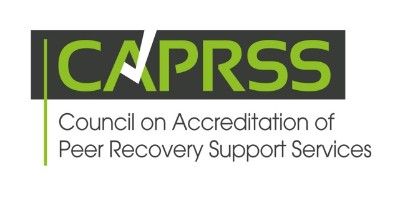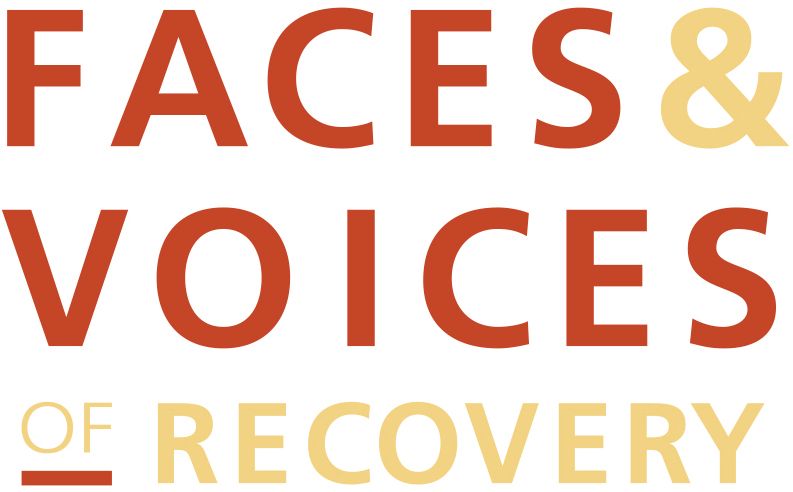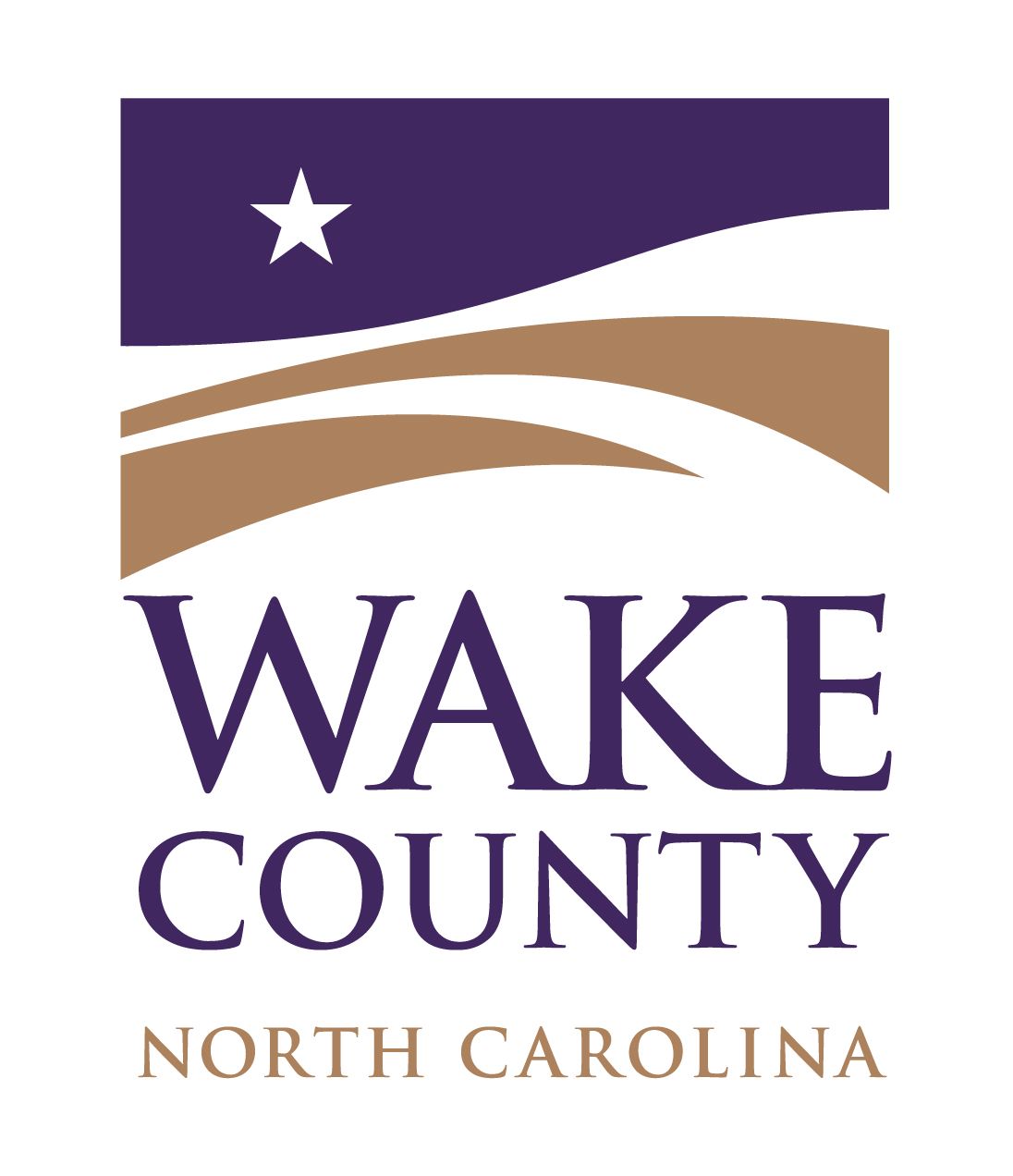The Recovery Advocacy's Playbook
Advocacy is sacred work, which at its core is a strong and passionate connection to issues of importance which influences our ability to recommend, support or defend, plead or speak in favor of or on behalf of a cause or movement. In a participatory forum, the RCNC panel of experts will discuss the various types of advocacy and the competencies and information needed to excel as an advocate.
Areas to be addressed will include: how to influence building influence at the base by organizing, the process of educating legislators and the unparalleled power of the citizenry to engage government gatekeepers about the recovery movement, the importance of gathering research and resources to support those who need them, and how to gain the attention of those who need to hear your message.
Panelists will speak from their experience and share information from there sphere of expertise, and audience members ware encouraged to ask questions and provide feedback in this evening of awareness building and self-empowerment.
This event is free to: recovery family members, recovery allies, those in recovery and those who work to support the recovery moment.
RCNC PANEL MEMBERS
- Heather McAllister, MSW, LCSWA, LCASA, CBIS: Heather McAllister has been engaged in advocacy efforts at the local and state levels throughout her career as a social worker. Heather became interested in advocacy through her volunteer experience as a Guardian Ad Litem representing children in the foster care system in Wake County. This experience led Heather to return to school and pursue her bachelors and master’s in social work. Heather has worked with individuals as an advocate to assist them with accessing the services they need to obtain basic needs, medical care, mental health and substance use disorder services. Heather has also been involved in statewide initiatives as a consultant to the North Carolina Division of Mental Health and as the State System of Care Coordinator. In this role Heather worked on improving access to services for persons with Traumatic Brain Injury, Veterans, and Children and Families receiving mental health services. Currently Heather is a mental health professional in Wake County working with persons with mental health and substance use disorders. Heather is also a Recovery Ally with lived experience as a family member of a person in recovery.
- Troy Manns: Troy is RCNC’s Manager of Advocacy and Education. He has spent over 15 years advocating on behalf of the recovery movement and those with substance use disorders and their families. As a person in long-term recovery, Troy understands the importance of influencing others toward the advocate’s agenda. He has educated and influenced state legislators, members of law enforcement, the court system and other organizations and individuals who need to understand the importance of supporting the recovery movement and identifying solutions that would impact recovery for those with substance use disorders. One of his advocacy efforts evolved into an ongoing and valuable program which regularly receives statewide acclaim, as it is filling the gap for a forgotten population (those who are incarcerated) with significant need for long term recovery.
- Dr. Rita Anita Linger, PhD, CPC, CMBP: Dr. Linger is RCNC’s Executive Director and has been a force in advocacy movements across the country including working on behalf of those with substance use disorders for over 30 years. She received special honors and her picture remains in the DeWitt Historical Museum in NYS next to Dorothy Cotton (Dr. Martin Luther King’s colleague and a leader in the civil rights movement), for her advocacy work within disenfranchised and marginalized communities. Dr. Linger started one of the first Court watch programs in upstate New York and the first Community Police-Advocacy program in the Finger Lakes of New York after the violence sparked by the Rodney King verdict. She has worked with local, national and international governments and legislators for decades around advocacy and education. Her North Carolina advocacy work in partnership with the victim’s attorneys, another advocate and the victim resulted in “Candice Law”, which directs police officers to make an arrest when they have probable cause to suspect that a protective order has been violated.
- Karen Kranbuehl, MSW, JD: Karen Kranbuehl, is the Chair of RCNC as well as Chair of the Substance Use Disorder Federation in North Carolina. She is a person in long-term recovery, an attorney, and licensed social worker. Karen combines her skills as a social worker and attorney to support a foundational edict of the National Association of Social Workers (NASW) Code of Ethics which states “that social workers have a responsibility to respect and promote clients’ self-determination.” It is this philosophy of building an individual’s ability to actualize their self- determination that sparks Karen’s voracious appetite to reach out to and support self-advocacy for those in recovery. To address self-determination needs and self-awareness, Karen developed the “SAY IT” Program, a modular curriculum for teaching self-advocacy skills to individuals including those in recovery, leaders and those change agents who work with people who need to be educated in self-advocacy. Karen’s advocacy vision includes improving access to recovery programs and services through innovative technology efforts.
- Karen McKinnon: Karen McKinnon’s life represents a life of grace in recovery and she understands well the power of advocacy to impact individual transformation, perceptions, awareness and recovery outcomes. She has been a woman in long-term recovery since July 1996. Karen has been a voracious advocate for many years, standing in the gap for others who need support in their recovery which include the very basics of life which Abraham Maslow describes as physiological or safety needs, moving on to psychological and self-fulfillment needs. Karen serves as a Board member for RCNC and is the Women’s Resource Coordinator for Oxford House, Inc. a nonprofit network of 2100 (nationally) self-help recovery homes. Karen began her career with Oxford House Inc. as a peer advocate. She is the first female Oxford House Women’s Resource Coordinator in the country. Today her work in the recovery movement is used as a model across the country. She has a degree in Substance Use Counseling and actively works passionately with the women residents in Oxford House by providing resources to assist them with a continuum of care so that they may thrive in recovery.
For more information, email us at info@rcnc.org.









